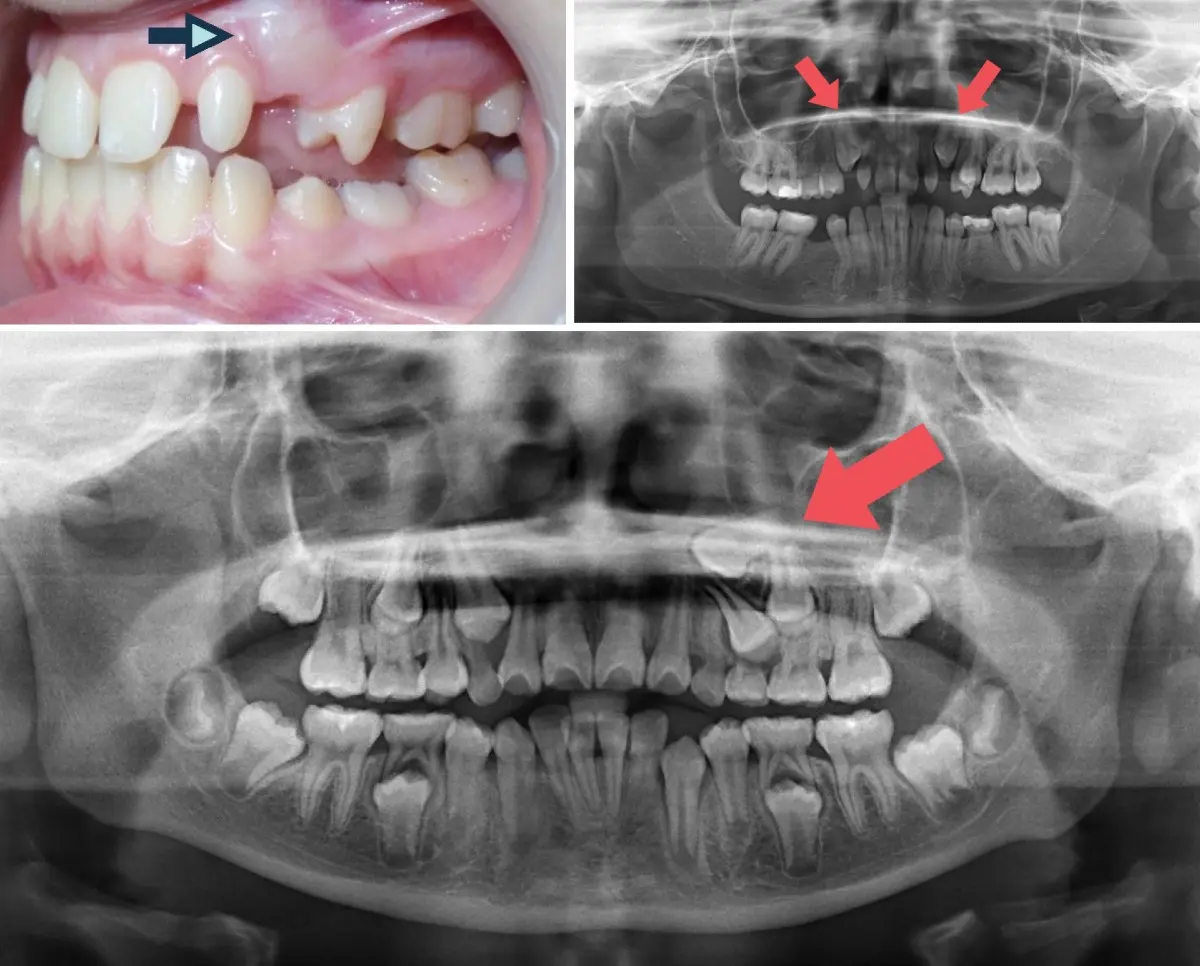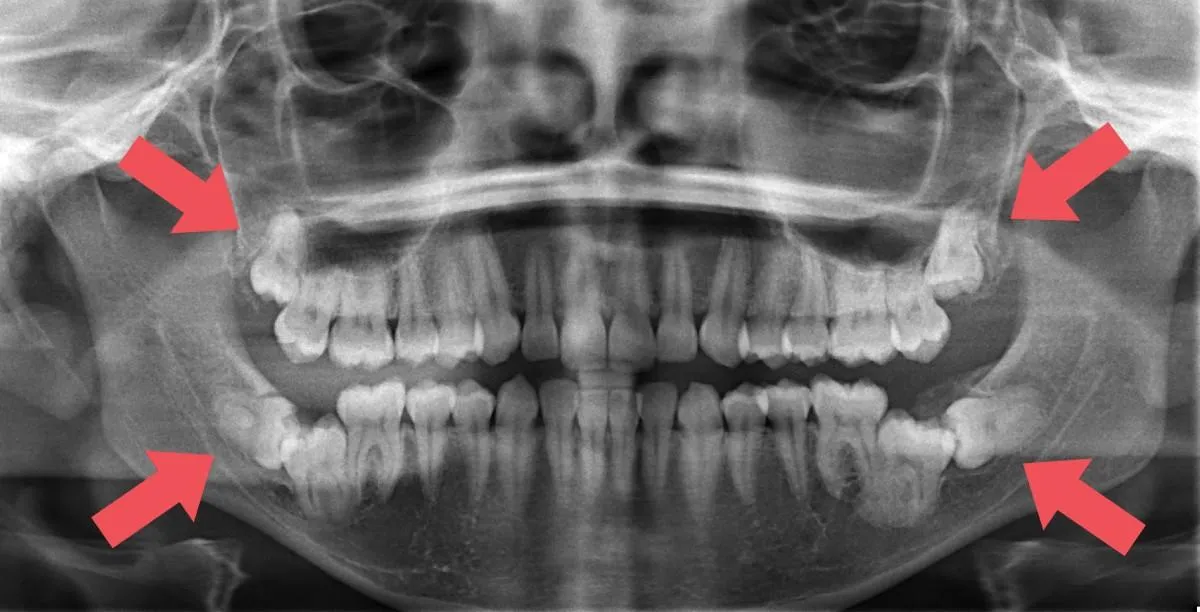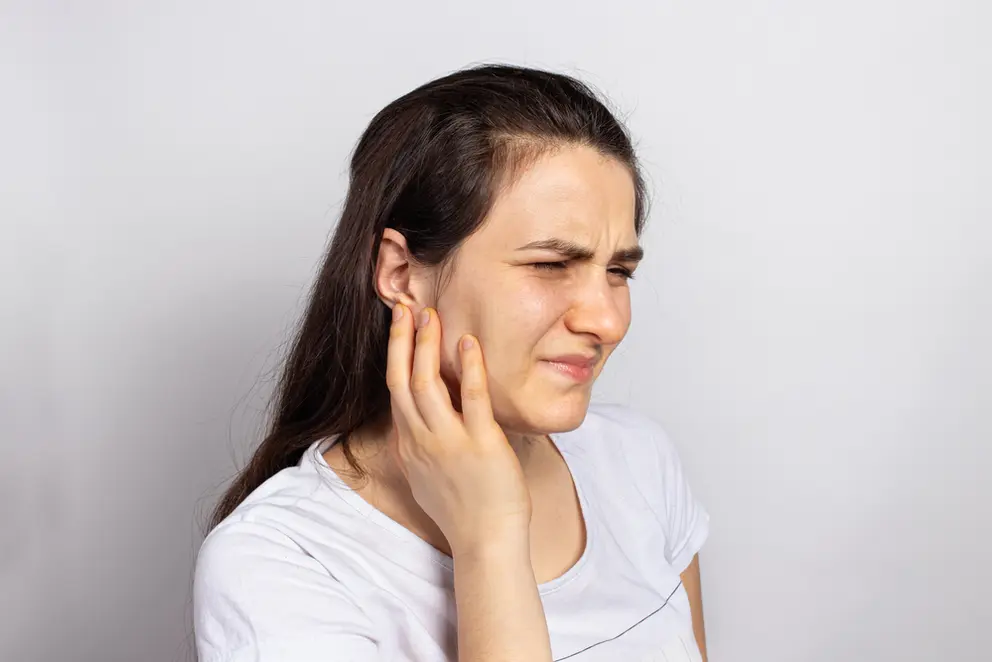You may or may not be able to see the impacted tooth: sometimes, it is visible at the gum line, but stuck
from growing in further. In other cases, it may be still
entirely embedded in the gums, and you cannot see it.
X-rays help your orthodontist determine the position of the impacted teeth, even if you can’t see it in
your
mouth.
Other signs to look out for that may be evidence of an impacted tooth:
- Bad breath
- Bad taste in your mouth
- Gum tenderness or pain
- Swollen, red, or painful gums
- Gaps in teeth
- Headaches
- Jaw aches
- Pain when opening your mouth
- Difficulty or pain when chewing, biting, or swallowing
- Premature or delayed loss of baby teeth
If you have crowded teeth, it can be difficult to assess whether a tooth has grown in or not just by looking
at your teeth: visiting an orthodontist is important since
they can take x-rays to examine which teeth may not have grown in properly.
If you have any of these signs, consult a licensed, experienced orthodontist who can examine your teeth,
take
x-rays and diagnostic records, and assess whether there is a
need for treatment.
Schedule an Orthodontist Visit for Tooth Impaction



